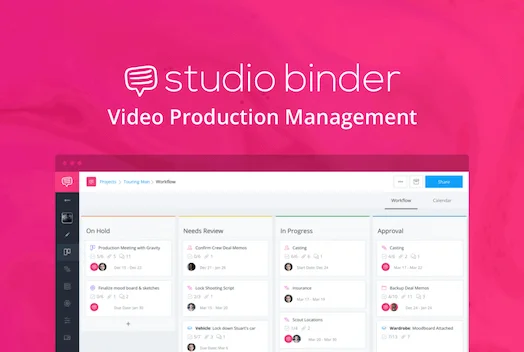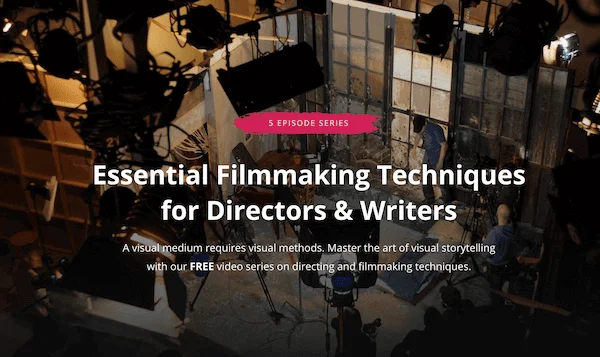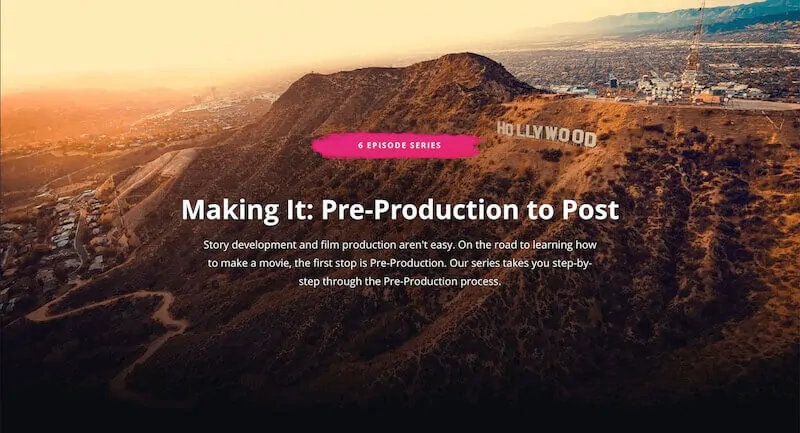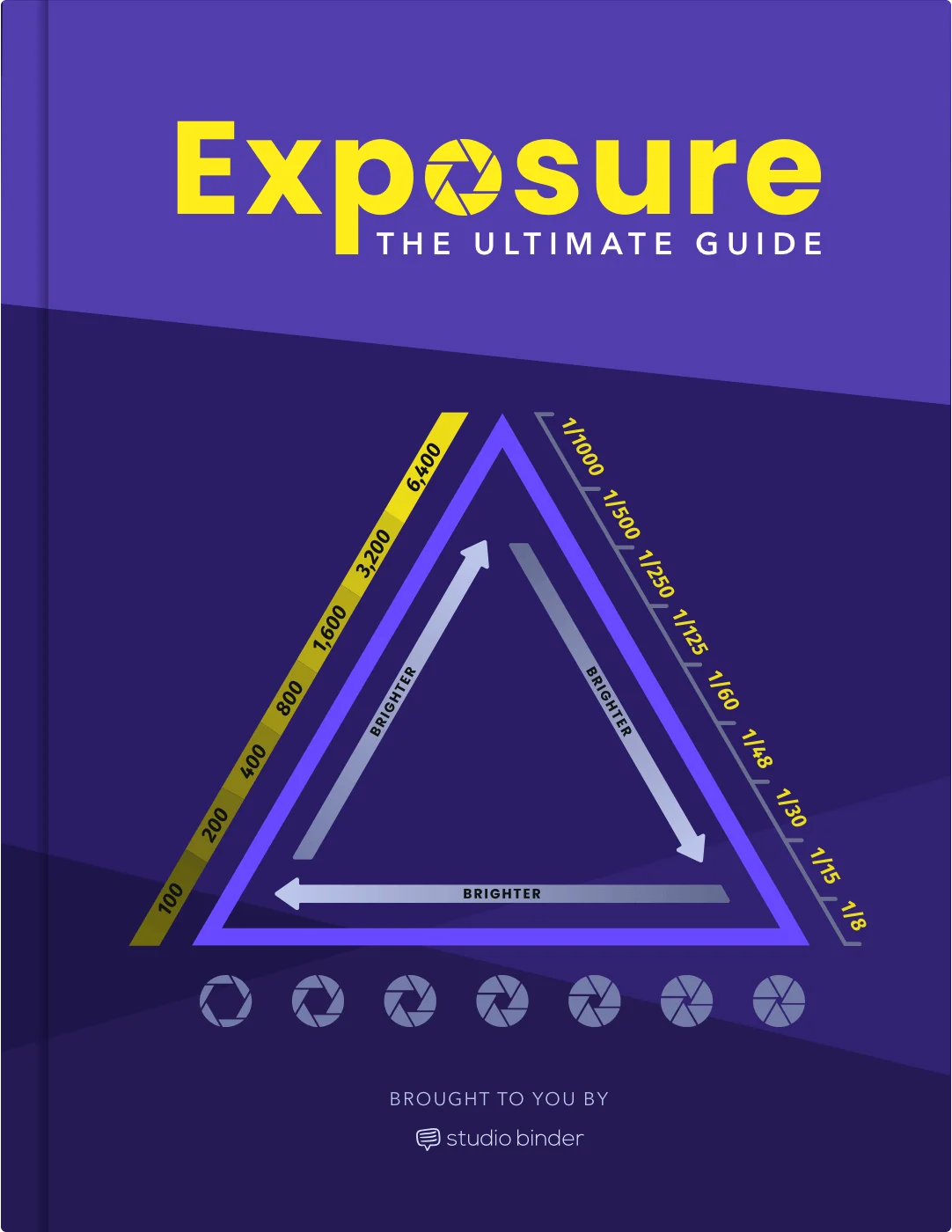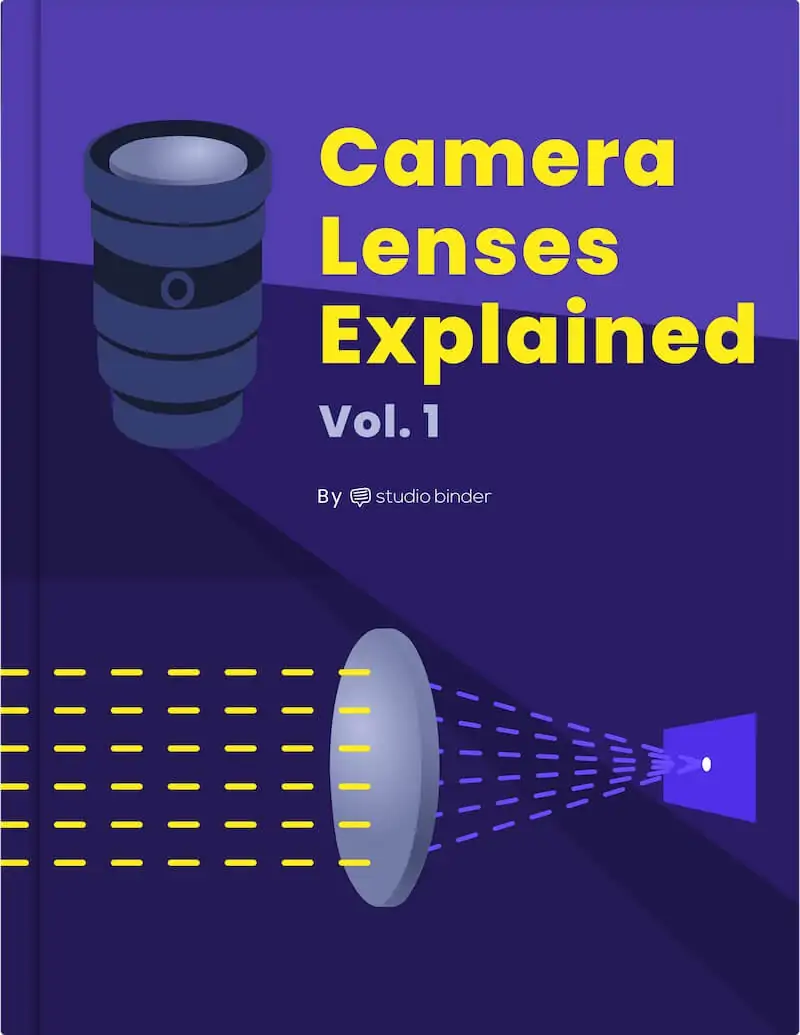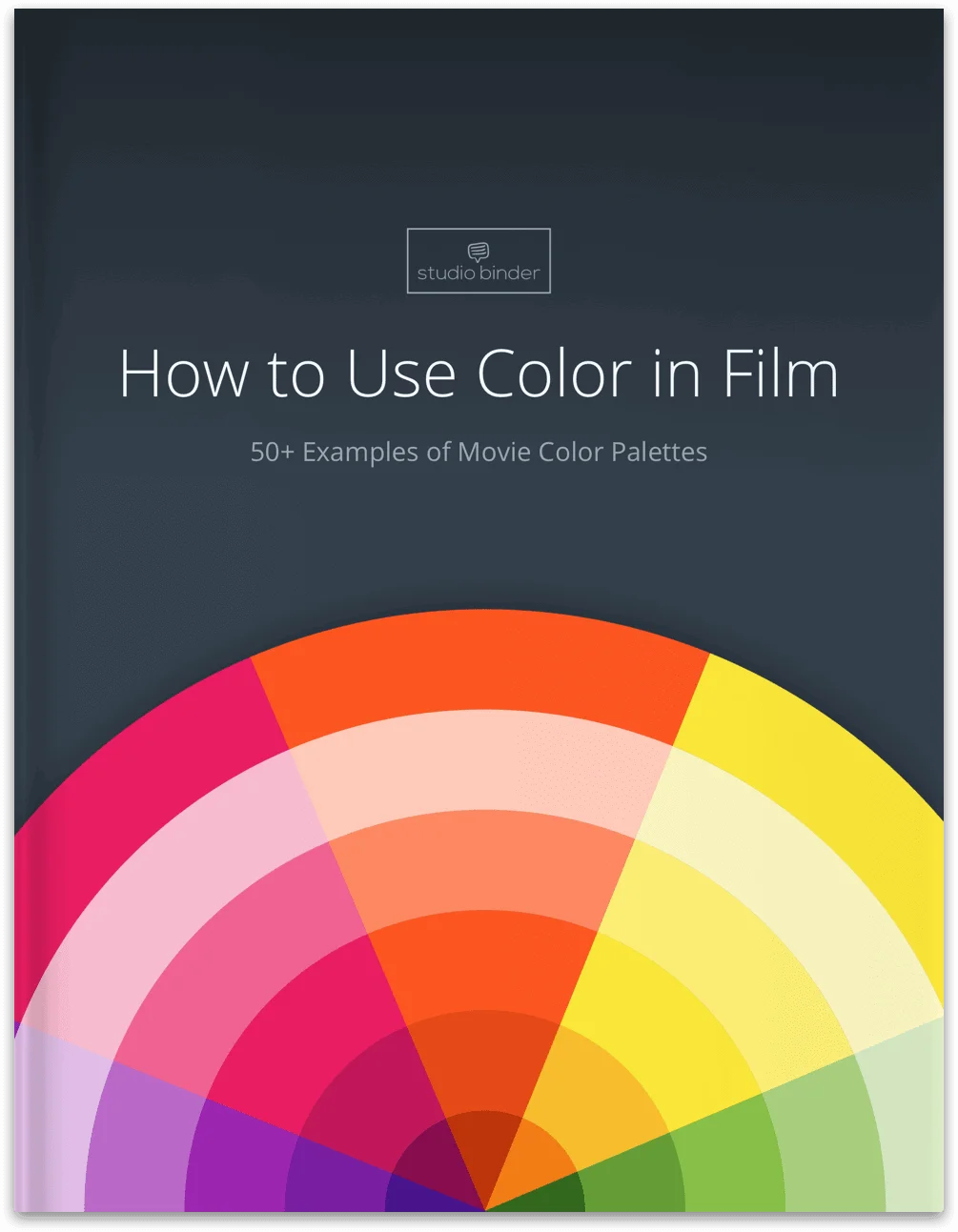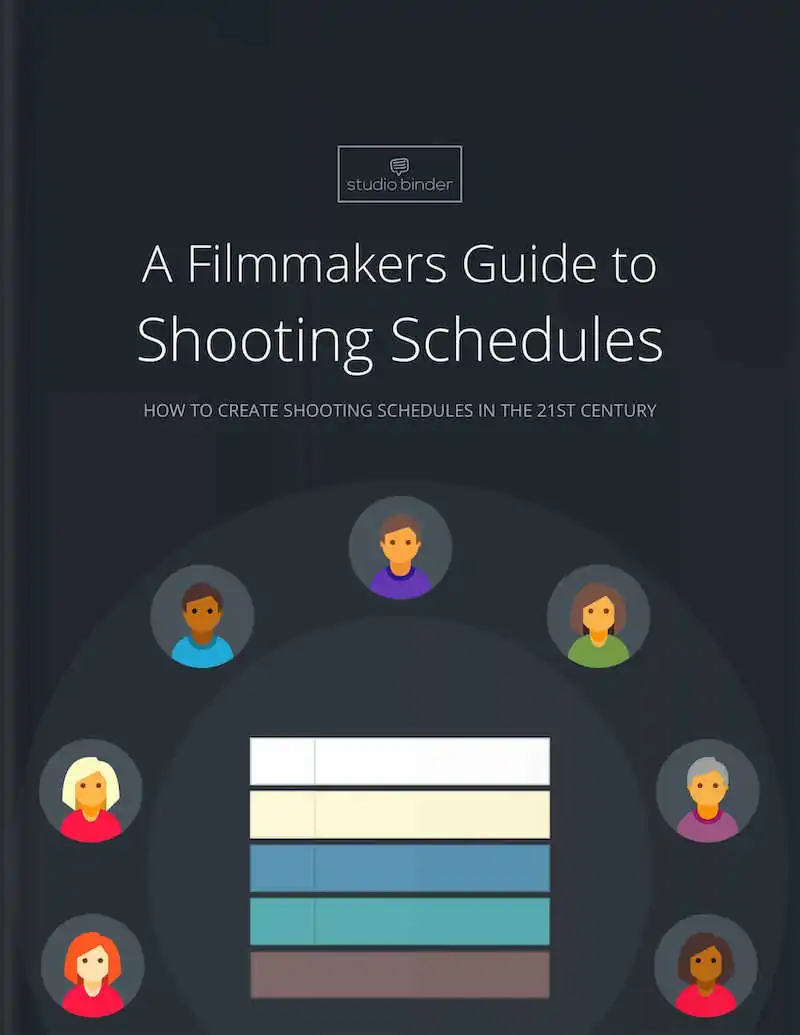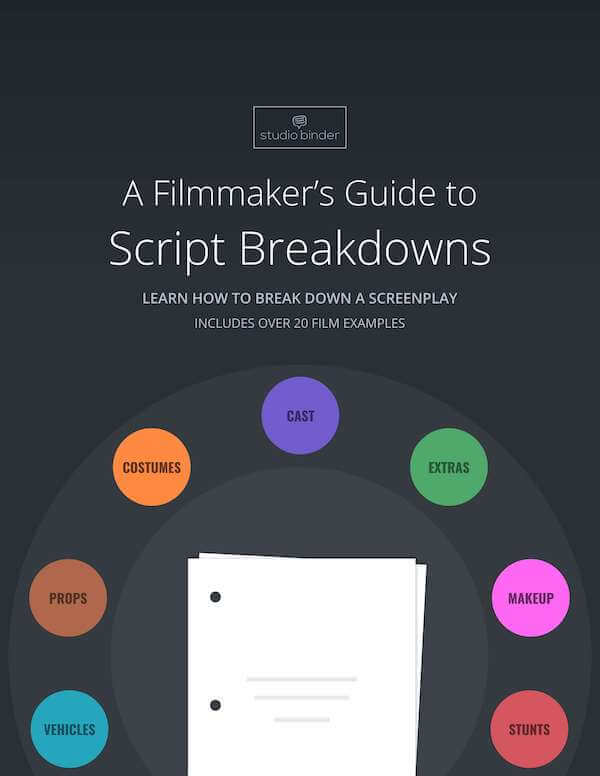Context has the ability to change the meaning of a story and how we view its characters — but what is context? We’re going to answer that question by looking at examples from The Office, In Cold Blood and more. We’ll also look at some tips and tricks for how you can effectively implement this necessary element in your own stories. By the end, you’ll know why context is so important and how to apply it in a variety of different ways. But before we jump into our examples, let’s define context.Continue reading What is Context — Definition and Examples…
One of the most effective ways at making a line of text in literature memorable is by creating rhythm. Writers have a few ways of creating rhythm such as rhyming and alliteration. However, both can become redundant because of their more obvious nature. A more subtle literary device that creates rhythm is assonance. What is assonance? The effects of assonance are similar, but are technically achieved in a different way. In this article, we’ll discover how by looking at the assonance definition and examples.Continue reading What is Assonance — Definition and Examples for Writers
Anyone who’s sat down to write knows it isn’t for the faint of heart. Whether penning a poem, a screenplay, or a novel, a writer needs a few tools in their toolbelt. Enter common literary devices, literary elements and literary techniques. Besides listing, defining, and providing examples, this article will also take a moment to consider how and why a writer might use these common literary devices in the first place.Continue reading 46 Literary Devices Every Writer Should Know
Adages, idioms, axioms, aphorisms: what makes each unique? We’re going to break down what makes aphorisms unique by asking the question “what is an aphorism?” and by exploring aphorism examples. By the end, you’ll know what aphorisms are and how to utilize them in everyday writing and conversation. Continue reading What is an Aphorism — Definition, Examples and Writing Tips
What is theme? In the simplest terms, a theme is the subject of a story. But that definition actually does more harm than good in fully understanding the theme of a story. In this article, we’re going to look at some common misconceptions by breaking down how to use theme in literature and screenwriting. But before we jump into some theme examples, let’s start with a theme definition.Continue reading What is Theme in Literature and Film? Definition and Examples
Denouement is one of the most important aspects of a script, yet it can easily be confused with other story beats like climaxes or epilogues. So what is denouement? In this article, we’re going to define denouement in a clear and simple way, then look at some key examples that show us how masterclass filmmakers use it to expert effect. We’ll cover the various types of denouement (explicit vs. implicit) with some stellar examples. But before all that, let’s start with a quick denouement definition so we can begin to understand the foundation of this highly important storytelling element.Continue reading…
What is prose? What is the difference between prose and poetry, and what does prose mean, exactly? To answer these questions, we must first explore the meaning of prose and its defining characteristics. We’ll explore this literary concept and look at some examples to demonstrate how it shapes storytelling and communication. Continue reading What is Prose — Definition and Examples in Literature
We all know that conflict is needed to keep viewers engaged, to create an emotional response, and to ultimately, push the story forward. Without conflict in a story, the film, show, or novel, may seem a bit, well, boring. It’s also true that conflict can be defined by all of the “types” that exist — internal, external, people vs people, people vs society, etc. And while all of those things are helpful, it’s not a fully developed definition. This article takes a macro perspective, answering what is conflict in a story by highlighting why we need it in the first…
What is a protagonist? What makes a story truly memorable? Often, it's the protagonist—the driving force who takes us on an unforgettable journey. Many refer to it as the leading character in a story. But is the protagonist something more? Or something less? To understand the definition fully, we need to look at how different types of protagonists are used in screenwriting. This will help us understand, what is a protagonist, and which type works best for our scripts.Continue reading What is a Protagonist — Definition & Examples for Screenwriters
Plot is the backbone of any great story. But what is a plot exactly? In this guide, we’ll explore the plot definition, how it differs from a story, and the essential elements of a plot that make a narrative compelling. Whether you’re writing a novel, screenplay, or short story, understanding plot meaning and different plot types—from linear plots to nonlinear storytelling—is key to crafting unforgettable stories.Continue reading What Is a Plot? Types of Plot, Definitions, and Examples










